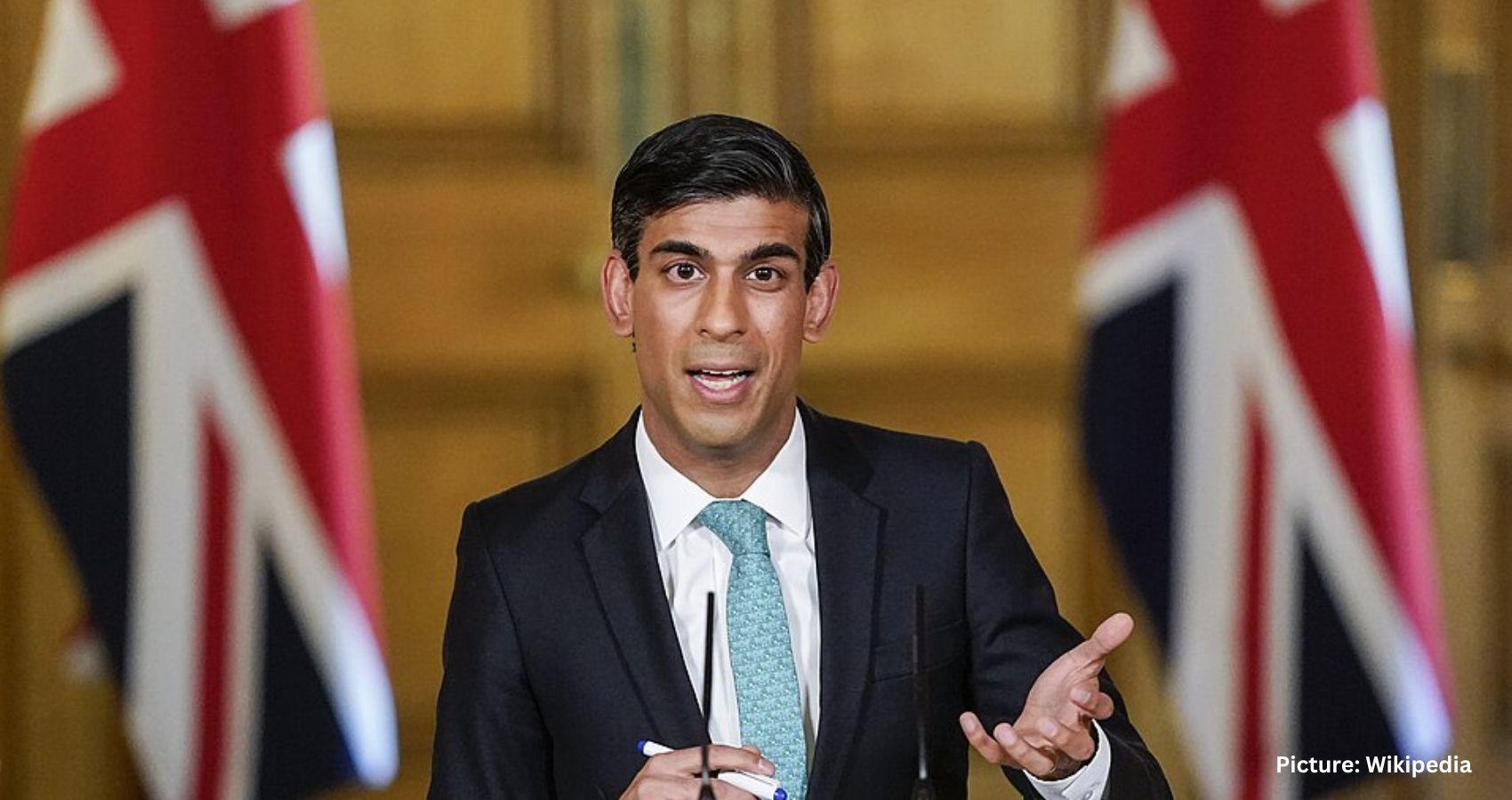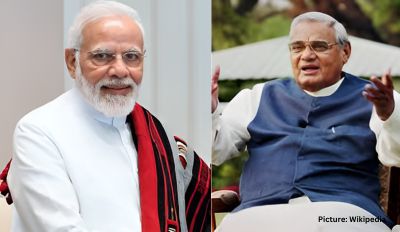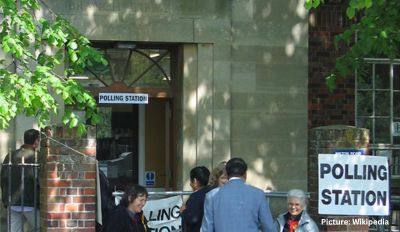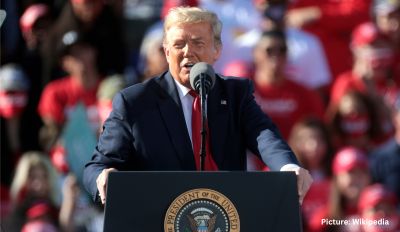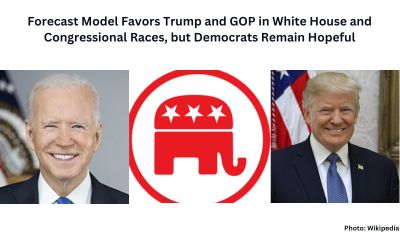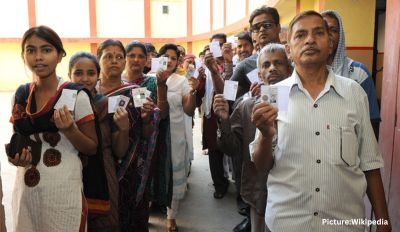Prime Minister Rishi Sunak announced a surprise election for the United Kingdom to be held on July 4. Despite the Conservative Party not needing to call an election until January 2025, polling data since Sunak took office has consistently shown the party trailing by over 20%, a gap typically seen only in extremely unfavorable midterm periods. It appears that Sunak and his advisors decided to leverage the recent drop in the U.K.’s inflation rate to 2.3%, the lowest in three years, to gain political advantage. Additional factors likely influencing this decision include positive evaluations of Sunak’s handling of the post-COVID-19 economy and a legal victory that supports the government’s controversial immigration reform, which involves sending some asylum seekers to Rwanda for processing.
Despite widespread voter frustration after 14 uninterrupted years of Conservative governance, Sunak’s statement that this election comes at a time when the world is “more dangerous than it has been at any point since the end of the Cold War” holds considerable truth. The outcome of the prolonged Russian invasion of Ukraine could significantly impact Europe’s and the U.K.’s security landscape, raising critical issues regarding territorial sovereignty in the east and energy security, which in turn affect economic stability. Additionally, the ongoing turmoil in West Asia, marked by the humanitarian crisis in Gaza and the potential for conflict with Iran, will undoubtedly influence regional stability and, by extension, impact the U.K.
Furthermore, even with the legal approval for the Rwanda immigration plan, the Sunak administration has struggled to manage small boat crossings effectively. Government data reveals that although there was a 33% decrease in such arrivals between 2022 and 2023, the number of boat crossings in 2024 has hit a record high. Between January 1 and May 21 of this year, over 9,800 people entered the U.K. via small boats. Sunak’s claim that the Labour Party is trying to make voters believe “this election is over before it’s even begun” might not be entirely unfounded, yet it prompts an examination of the sources of the opposition’s confidence.
The unexpected election announcement by Prime Minister Rishi Sunak has set the stage for the United Kingdom to vote on July 4. Although the Conservative Party was not mandated to call for an election until January 2025, polls have indicated a significant lead for the opposition since Sunak assumed office. These polls suggest a loss for the Conservative Party by over 20%, a deficit seen only in particularly adverse midterm scenarios. Sunak’s decision appears to be driven by the recent decrease in the U.K.’s inflation rate to 2.3%, the lowest in at least three years. This economic milestone, along with favorable reviews of his administration’s economic management post-COVID-19 and a legal victory on immigration reform, may have prompted the early election call.
However, polls reflect a general dissatisfaction after 14 years of Conservative rule. Sunak’s comment that the election comes at a time when the global situation is “more dangerous than it has been at any point since the end of the Cold War” is significant. The resolution of the Russian invasion of Ukraine could alter the security dynamics in Europe and the U.K., raising concerns about territorial integrity and energy security, which have broader implications for economic stability. Similarly, the ongoing crises in West Asia, including the humanitarian disaster in Gaza and the potential conflict with Iran, will have repercussions that extend to the U.K.
Despite the legal clearance for the Rwanda immigration plan, the Sunak government has struggled to curb small boat crossings effectively. Official statistics show a 33% drop in such crossings from 2022 to 2023, but the number of crossings in 2024 has surged to a record high. From January 1 to May 21, more than 9,800 people entered the U.K. via small boats. In light of this, Sunak’s assertion that the Labour Party wants voters to believe “this election is over before it’s even begun” might hold some truth. Nevertheless, it raises questions about the sources of the opposition’s apparent confidence.
Prime Minister Rishi Sunak’s surprise election announcement has set a July 4 date for the United Kingdom to go to the polls. Despite the Conservative Party having until January 2025 to call an election, polling data since Sunak took office has shown the party trailing by over 20%, a gap usually seen only in particularly unfavorable midterm periods. Sunak and his advisors likely seized on the recent drop in the U.K.’s inflation rate to 2.3%, the lowest in three years, to gain political capital. Other contributing factors may include positive reviews of Sunak’s economic management post-COVID-19 and a legal victory allowing the government to implement its controversial immigration reform, which involves sending some asylum seekers to Rwanda for processing.
Despite widespread voter frustration after 14 uninterrupted years of Conservative rule, Sunak’s statement that the election comes at a time when the world is “more dangerous than it has been at any point since the end of the Cold War” holds considerable merit. The outcome of the long-running Russian invasion of Ukraine could significantly impact Europe’s and the U.K.’s security landscape, raising critical issues regarding territorial sovereignty in the east and energy security, which in turn affect economic stability. Additionally, the ongoing turmoil in West Asia, marked by the humanitarian crisis in Gaza and potential conflict with Iran, will undoubtedly influence regional stability and, by extension, impact the U.K.
Furthermore, even with the legal approval for the Rwanda immigration plan, the Sunak administration has struggled to manage small boat crossings effectively. Government data reveals that although there was a 33% decrease in such arrivals between 2022 and 2023, the number of boat crossings in 2024 has hit a record high. Between January 1 and May 21 of this year, over 9,800 people entered the U.K. via small boats. Sunak’s claim that the Labour Party is trying to make voters believe “this election is over before it’s even begun” might not be entirely unfounded, yet it prompts an examination of the sources of the opposition’s confidence.
Prime Minister Rishi Sunak’s announcement of a surprise election on July 4 has created a new political dynamic in the United Kingdom. Despite the Conservative Party not needing to call an election until January 2025, polling data since Sunak took office has consistently shown the party trailing by over 20%, a gap typically seen only in extremely unfavorable midterm periods. Sunak’s decision appears to be driven by the recent decrease in the U.K.’s inflation rate to 2.3%, the lowest in at least three years. This economic milestone, along with favorable reviews of his administration’s economic management post-COVID-19 and a legal victory on immigration reform, may have prompted the early election call.
However, polls reflect a general dissatisfaction after 14 years of Conservative rule. Sunak’s comment that the election comes at a time when the global situation is “more dangerous than it has been at any point since the end of the Cold War” is significant. The resolution of the Russian invasion of Ukraine could alter the security dynamics in Europe and the U.K., raising concerns about territorial integrity and energy security, which have broader implications for economic stability. Similarly, the ongoing crises in West Asia, including the humanitarian disaster in Gaza and potential conflict with Iran, will have repercussions that extend to the U.K.
Despite the legal clearance for the Rwanda immigration plan, the Sunak government has struggled to curb small boat crossings effectively. Official statistics show a 33% drop in such crossings from 2022 to 2023, but the number of crossings in 2024 has surged to a record high. From January 1 to May 21, more than 9,800 people entered the U.K. via small boats. In light of this, Sunak’s assertion that the Labour Party wants voters to believe “this election is over before it’s even begun” might hold some truth. Nevertheless, it raises questions about the sources of the opposition’s apparent confidence.

